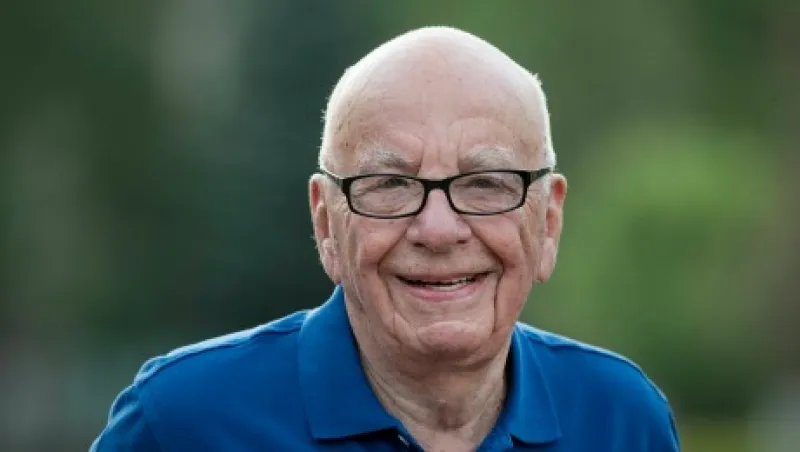Health of Europe brought into focus. Second-quarter 2014 gross domestic product data released today in Italy showed the European Union’s fourth-largest economy shrinking on a quarter-over-quarter basis for the second consecutive time. Coupled with disappointing orders and production data from Germany and the U.K., the news casts a shadow over expectations for euro zone recovery just as a Russian troop buildup on the border of Ukraine ignites fresh geopolitical tensions. Tomorrow the European Central Bank will make its monthly rate announcement with consensus forecasts for no change on policy stance even as euro zone inflation remains muted.
Tensions between Russia and the Ukraine escalate. A large increase in the Russian military presence on the border of the eastern portion of the Ukraine coincides with a call by Russian President Vladimir Putin for international intervention on humanitarian grounds. Many political analysts have raised concerns that Putin is positioning himself for a political justification for a military incursion.
German factory orders, U.K. industrial production. German factory orders data for June released today registered a contraction of 3.2 percent from the prior month, with a significant decline in orders from the rest of the euro zone as a primary driver of the shortfall. In its release, Germany’s Federal Statistics Office blamed geopolitical tensions for slowing business and concluded that conditions are unlikely to have improved significantly in July. June U.K. industrial production numbers also disappointed, with a scant 0.3 percent increase from May’s reading.
Rupert Murdoch abandons Time Warner offer. Twenty-First Century Fox shares rose sharply in aftermarket trading after executives of the company conceded that the acquisition of Time Warner would not be feasible at a favorable valuation. Time Warner shares retreated on the news. This was a setback for merger arbitrage portfolio managers who were long shares of Time Warner and short shares of Murdoch's Fox.
Earnings announcements on deck. U.S. large cap equities reporting second-quarter earnings today include Chesapeake Energy, Molson Coors Brewing Co. and Prudential Financial. In Amsterdam, financial company ING Groep reported a gain of 11.4 percent over the same period last year, beating expectations as interest margins expanded at the bank.
U.S. trade balance. U.S. trade data for June will be released this morning. Consensus forecasts call for a marginal expansion of the deficit to $45 billion for the month from May’s reading as import demand remains strong.
Portfolio Perspective: Compelling Opportunities Among European Midcaps — Pieter Taselaar and Thijs Hovers, Lucerne Capital Management
This month, the summer doldrums have resulted in exceptionally low volumes in European equity markets, especially in the midcap segment, where our portfolio currently has a high weighting. This has resulted in exaggerated share price movements to the downside, and our long book has seen a negative impact. We have been of the view, for a while, that the European macro picture continues to recover, having consistently seen positive trends in some of the key metrics that we follow: European Service purchasing managers’ index (PMI) numbers have shown recovery highs, manufacturing activity has strengthened, banks have eased lending standards for the first time in seven years and net loan demand has improved across the board.
As a result, we increased our exposure to some high-quality cyclical midcap European companies. We feel it important to mention that we have not seen any negative stock-specific news on any of the names in our portfolio. Ongoing geopolitical concerns in Russia and Ukraine, on top of a lack of conviction from market participants at a seasonally low-volume time of year, has presented us with some very compelling opportunities as some of the high-quality European cyclical companies have declined by roughly 20 to 30 percent.
When we screen our current portfolio, we see valuation support. Many of our longs are generating free cash flow yields of 7 to 10 percent and dividend yields of 3 to 5 percent, which is attractive to us for most asset classes in a continued low-yielding environment. The European BBB Corporate bond yield has reached an all-time low of 1.9 percent, while the German ten-year bund yield has reached 1.1 percent (the lowest level since the early 1800s, apart from the hyperinflation era of the 1920s). A lack of growth priced in for many of our longs contradicts some early signals from the second-quarter reporting season and what we are hearing from our meetings with corporations. For example, we spoke to a leading European staffing business that has witnessed an accelerating top line in their European operations from 3.5 percent during the first quarter to 7.8 percent in June and further acceleration in July.
Lucerne Capital Management is a Greenwich, Connecticut–based long-short equity investment firm with a focus on Continental Europe. Portfolio managers Pieter Taselaar and Thijs Hovers have overseen the firm’s flagship Lucerne Capital Fund since its inception in 2002.






